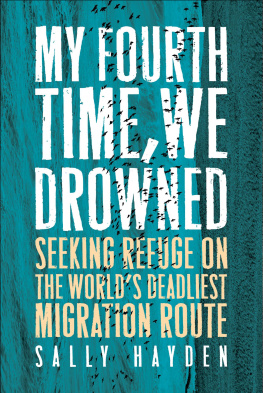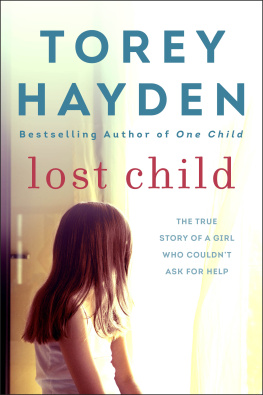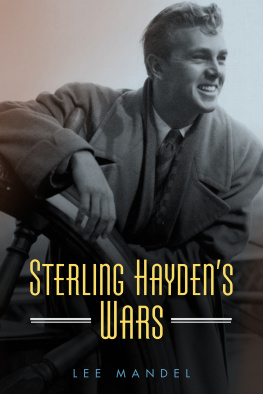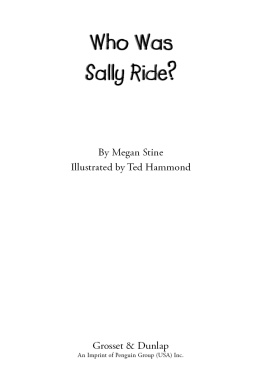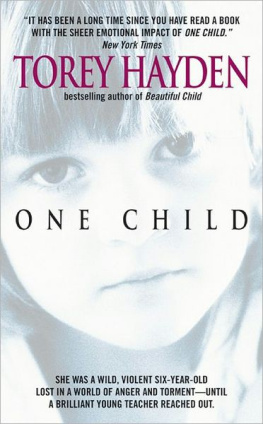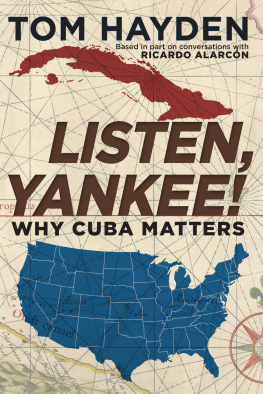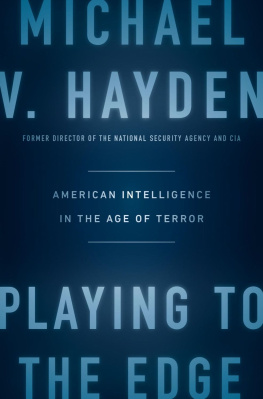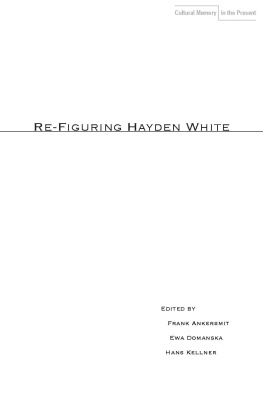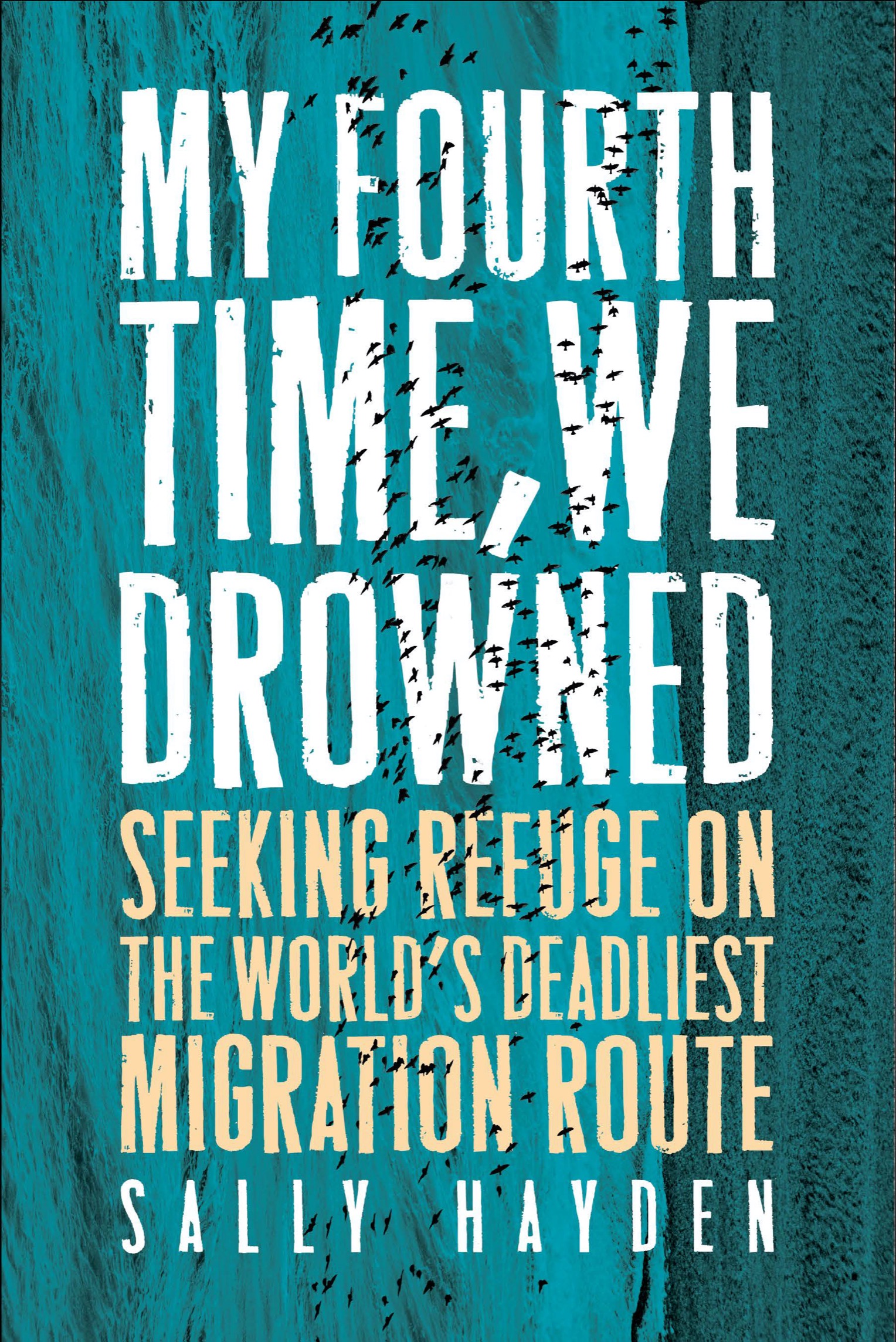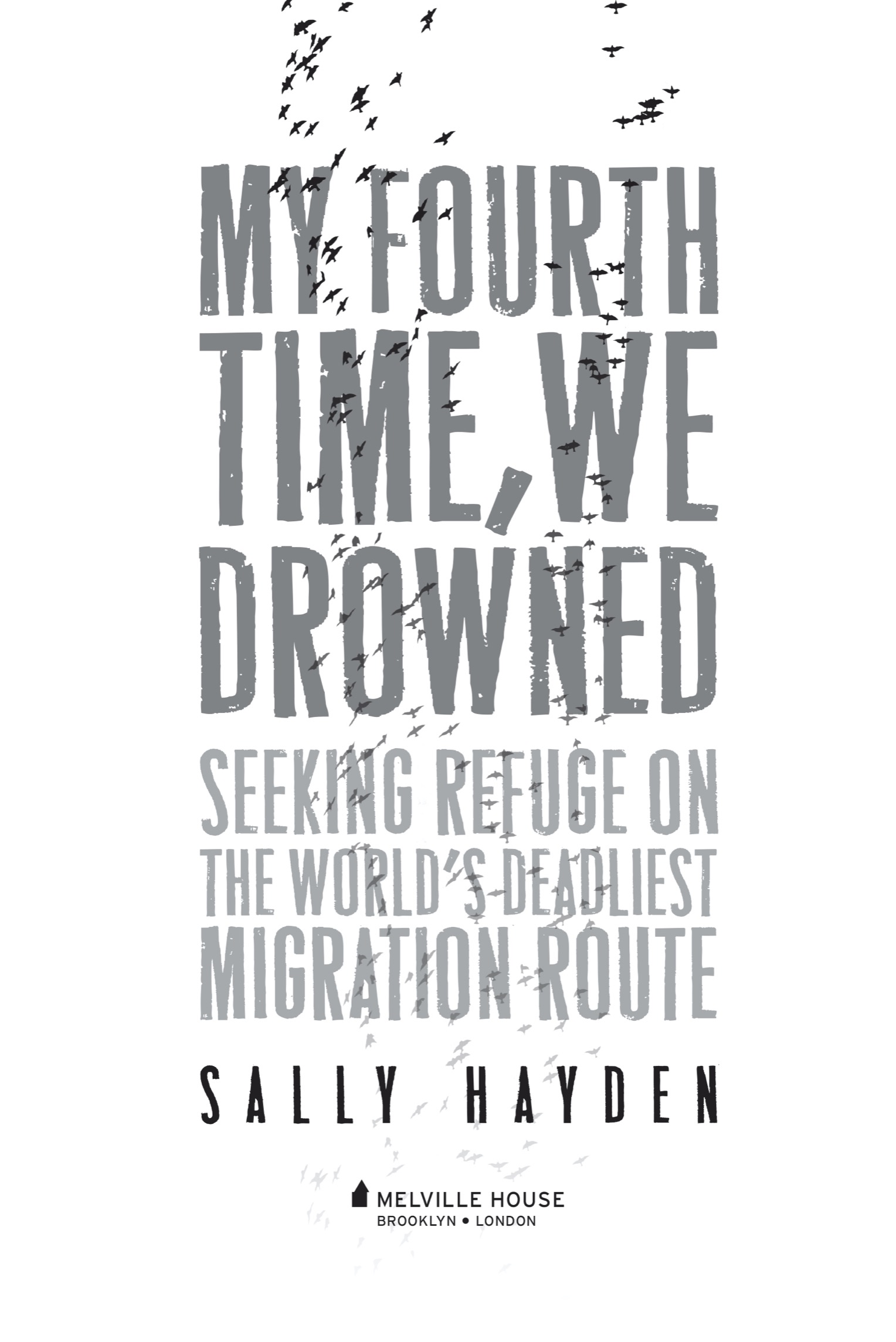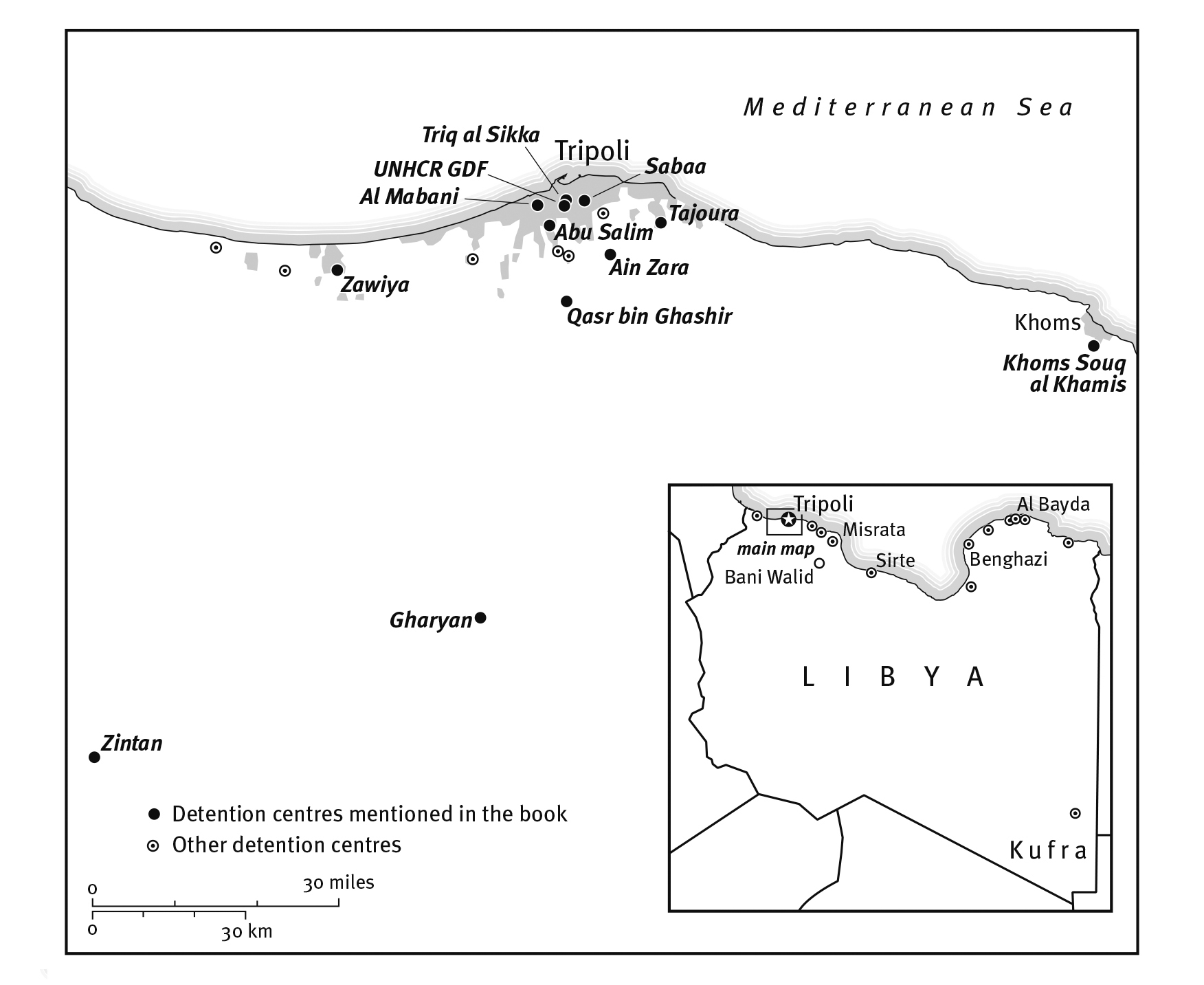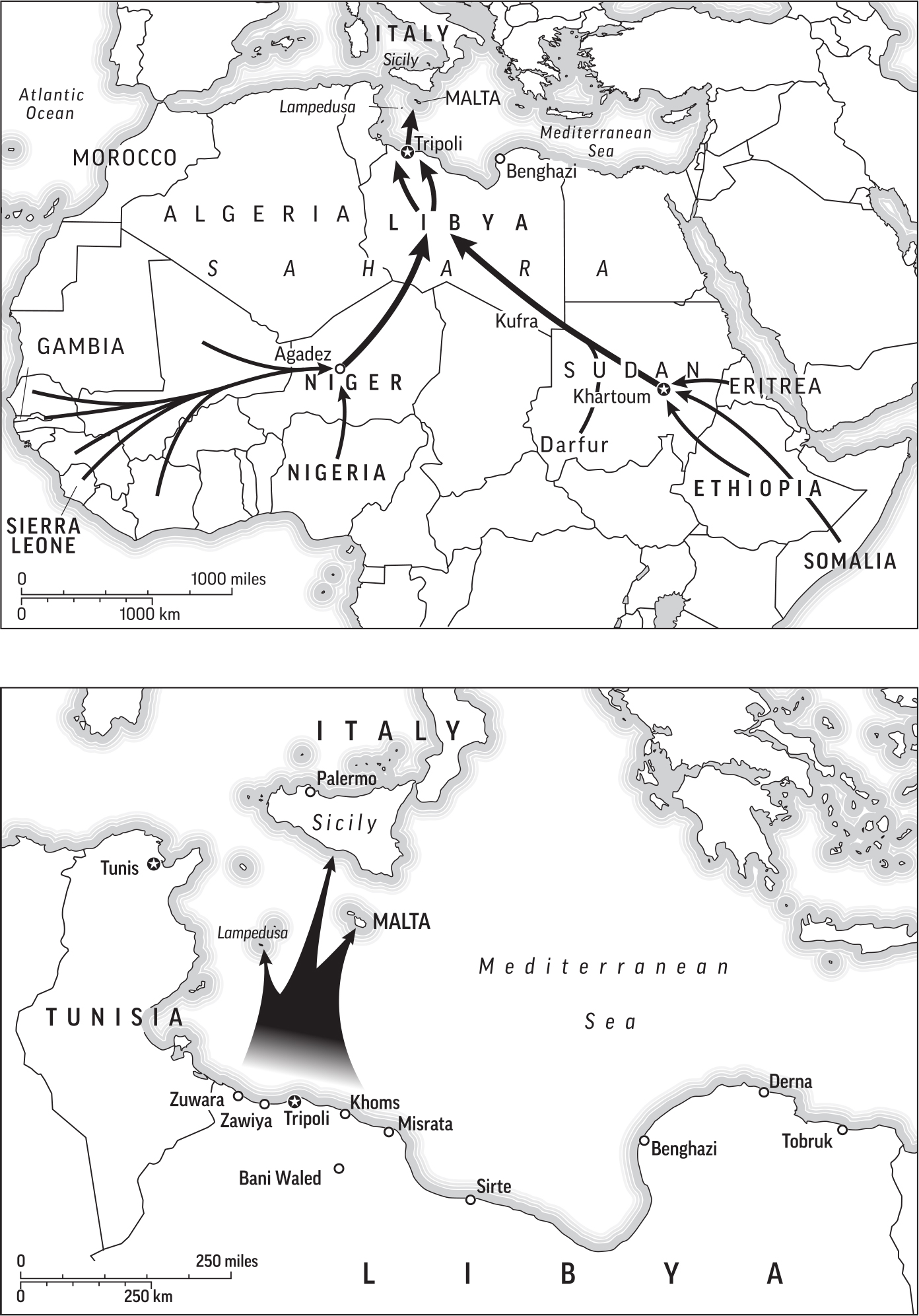All rights reserved.
Book designed by Beste M. Doan adapted for ebook
I was caught by the Libyan coastguard three timesfirst time from Qarabully, east Tripoli; second time, Zawiya; third time, Zuwara. And my fourth time, we drowned. And the fifth time, I made it to safety.
The real damage is done by those millions who want to survive. The honest men who just want to be left in peace. Those who dont want their little lives disturbed by anything bigger than themselves.
One day, I will reach Europe and we will meet. If it doesnt happen I want you to write a book which tells my story, because the worlds people need to read this story for their enjoyment.
PROLOGUE
THIS SIM CARD IS OUR LIFE
On Sunday, August 26, 2018, I was browsing through Netflix, in a sublet room in north London, when I received a Facebook message. Hi sister Sally, we need your help, it read. We are under bad condition in Libya prison. If you have time, I will tell you all the story.
Of course, this did not make sense to me. How did someone thousands of miles away find my name? How did they have a working phone if they were locked up? I was skeptical, but I replied quickly to see what would come next.
Im so sorry to hear that, I wrote. Yes, of course I have time, though unfortunately I cant do much to help. We exchanged WhatsApp numbers. The sender explained that his brother knew my journalism from Sudan, a neighboring North African country, and had traced my contact details online. He needed them because he was trapped in Ain Zara, a migrant detention center in Libyas capital, Tripoli, alongside hundreds of other refugees. Conflict had broken out around them. Smoke rose above the walls outside. They were watching the city smolder and burn.
The Libyans in charge at Ain Zara, who had been abusing them for months, fled when the sounds of fighting grew nearer. It was never clear whether the guardsor the police, as the refugees called themleft to escape or join in: many had sympathies with those fighting, while others were simply frightened or arrogant young men who signed up because they needed work, felt comfortable being armed, and had spotted the potential for extra profits through exploitation. There were still children and pregnant women inside the building. The refugee men, who had been locked in one big hall for months, broke down the separating door. They hoped the group would be safer if they were all together.
We see bullets passing over us and heavy weapons in the street, my new contact typed, before sending me photos he said were from that day. One, taken through a window, showed vehicles with anti-aircraft guns visible outside the centers gates. Another was an image of himself: an emaciated-looking 28-year-old sitting on the ground with three young children.
Everyone inside the building was unarmed and defenseless: stick thin after months with maybe a meal a day, sometimes nothing. Their bodies were scarred from torture and beatings, inflicted both by the guards who had just left and the smugglers who held them for months or years before they arrived in Ain Zara. The war raging outside had been coming for a long time, and these people needed helpany help, even if it was a journalist in a faraway country with little to offer.
If there is any United Nations Refugee Agency or human rights organizations near you, contact them. Since yesterday we havent eaten any food, messaged the man. If you have a page post something on that about this situation. He said he came from Eritrea, a repressive country in the Horn of Africa where citizens are forced into unending military service by the ruling dictatorship. He had breached two borders, survived kidnapping by traffickers, and traveled nearly 3,000 kilometers to get to Libya.
Like everyone else with him, the man then tried to cross the Mediterranean Sea to reach Europe but was caught and incarcerated. Now they were in trouble. They had one phone between hundreds that the detainees had kept hidden for months. He said it was the phone a smuggler gave him to bring on board the rubber boat so they could call for rescue once it inevitably began to sink. The European Union was responsible for the situation they were now init was Europe that had forced them back.
I spent the next twenty-four hours doing all I could to verify his story.
I asked for photos of his surroundings, videos, selfies, GPS locations, and contact details for his family members. I knew people in Libya, and they confirmed there was conflict in the suburb they were in.
I called him numerous times.
As I requested more and more detail, the man I was speaking to told me how, before the fighting got bad, detainees had regularly been taken from the detention center and forced to work like slaves in the homes of wealthy Libyans. Women were raped, and Christians targeted for particular abuseviolently assaulted while their crucifixes were ripped from their necks. Some mornings, around 3:00 a.m., the armed Libyan guards would call hundreds of detainees out to be counted, sadistically making them stand in the cold for hours. They probably were not aware, but this ordeal echoed Appellplatz, the early morning roll calls Nazis used to do in concentration campsa grim ritual carried out with the aim of intimidating and humiliating prisoners.
Despite the UN saying its staff had regular access to the centers, that did not seem to be true. Many detainees who had fled war or dictatorships were never even registered as refugees. That meant there was no list of their names anywhere. They were terrified of being sold back to smugglers, who torture migrants until their families pay hefty ransoms. They were begging to be saved.
I had stumbled, inadvertently, on a human rights disaster of epic proportions.
There were eight pregnant women and roughly twenty babies and toddlers among the Ain Zara group. As the man and I spoke on the phone, bombs exploded nearby, and I heard the sounds of shrieking.
Now everyone is disturbed, it is becoming worse and worseLook at the women and children, you can post this video for the European people to know.
Frantically, I searched for an answer. I contacted the UN and international aid organizations working in Libya, but they said it was too dangerous for their staff to act (In Libya today, everybody is at risk, so not an easy situation, one aid worker responded, showing a callous pragmatism I was to encounter again and again). I emailed editors asking whether they would publish a report, but I was a freelancer, andas often happensreplies were slow.

